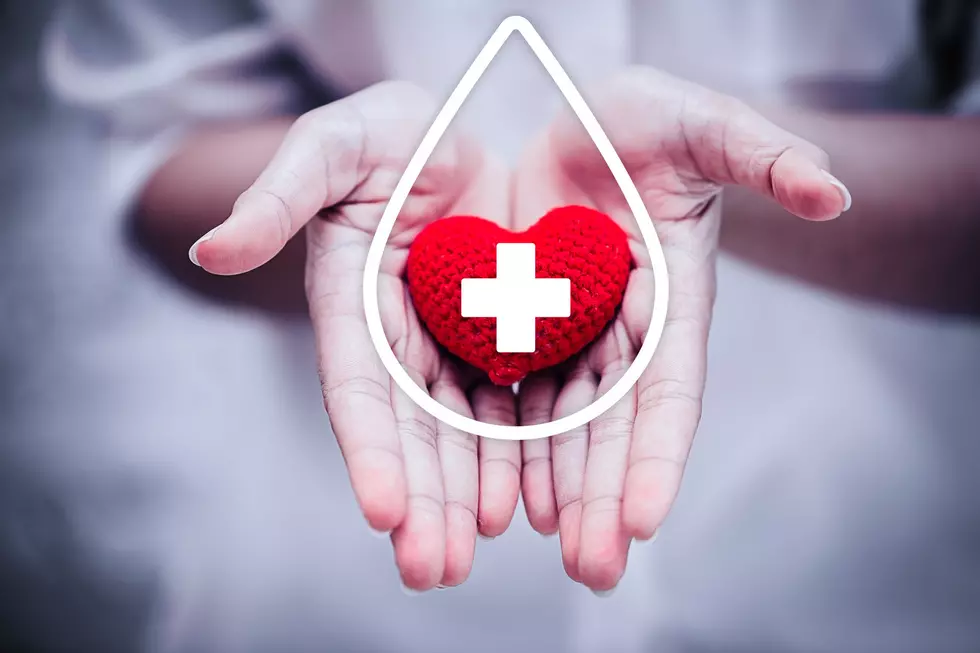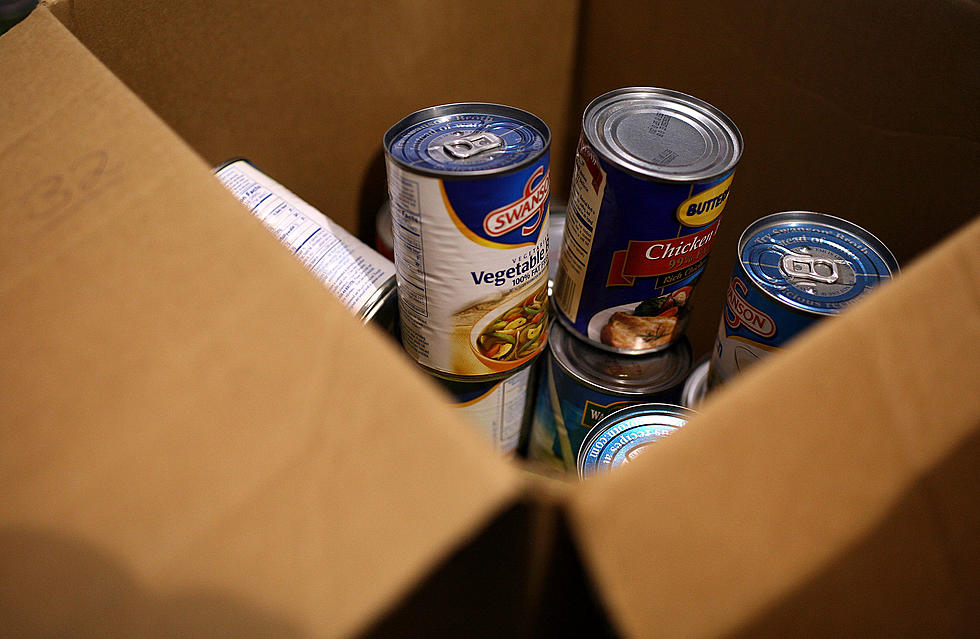
Friday Morning Zone: Kids At Risk and Wyo. Perspectives
Friday is the day we feature our series shows and today promises to be a great one.
7:07AM MDT: John Frentheway, long time child advocate and Renee Hanson Licensed Professional Counselor join host Dave Chaffin and will discuss the article in yesterday's Wyoming Tribune Eagle..."A Nation At Risk" talking about the poor state of public education and how that affects our kids' future.
8:07AM MDT: Wyoming Perspectives...Former Wyoming Legislator, Amy Edmonds will discuss the ramifications of the common core curriculum.
9:07AM MDT: The folks from The Cheyenne Day of Giving will be here. The Day of Giving works to help those who are sick. Registering as an potential bone marrow donor and as an organ/tissue donor can mean the difference between life and death for a patient. We know now that we are ‘built’ so we have the ability to save the lives of others in a way that all the money in the world cannot buy: While we are alive and healthy, we can donate blood and register as bone marrow donors. We can also designate ourselves as organ/tissue donors so that after we die, we can help save lives.
Geffery Mims: Received a kidney transplant four years ago
Geff is a patrolman with the Cheyenne Police Department and a good example of how a transplant patient can enjoy a normal, healthy lifestyle after transplant!
SrMsgt Neil Priest with the Air National Guard. Neil donated bone marrow several years ago. When he was 26 years old. Registering to be a bone marrow donor is easy and so is donating if you are selected to help save a life:
Register: Do four cheek swabs and answer a confidential health questionnaire
Donate: Everything taken care of, no cost, easy to do
[For Neil, doctors removed bone marrow from the ilia, the flat bone that goes across the lower back. These days, it’s much easier. 90% of the time, it’s done through apheresis – filtering the stem cells out of the circulating blood as it flows out of one arm and through a machine; then returning the donor’s blood through a needle in the other arm. For this kind of donation, the donor gets 5 daily shots to speed up production of stem cells before donation.]
Importance of registering as a bone marrow donor:
You might be a perfect match with someone who would die without your help.
The odds of your being called to donate bone marrow are small, but having the power to save someone’s life – that’s a life-changing experience
Process: Neil had a thorough examination including blood tests requiring 24 vials of blood. They were making sure he was a good match AND that he was healthy.
Patient Neil donated to passed away, but the bone marrow transplant worked. His death was from heart complications resulting from treatment.
Other Points: Greta can help with but not necessary:
For this drive, those who register must be between 18 and 44 years old. (Because 90% of the time, the donors doctors select are in this age range.)
Registering at the drive and being a bone marrow donor costs nothing; all costs are covered by patient or insurance
Those selected to be donors get a very thorough physical. Great care is taken to be sure that donating will be safe for the donor and that the donor will be a good match for the patient
Having a transplant is often a treatment of last resort.
12,000 patients a year need a transplant and half do not get one
-insurance doesn’t cover
-get too sick to have a transplant
-donor backs out and no one else available
-no donor in the first place
Registering as a bone marrow donor means the possibility of saving a life anywhere in the world that connects with the National Marrow Registry.
More From KGAB






![Congratulation Cheyenne – You Took Day Of Giving Over The Top! [VIDEO]](http://townsquare.media/site/99/files/2015/05/Day-of-Giving.jpg?w=980&q=75)

![Who Will Donate More Blood In Cheyenne? East High Or Central High? [POLL]](http://townsquare.media/site/101/files/2014/02/RS1802_159396515-scr.jpg?w=980&q=75)
